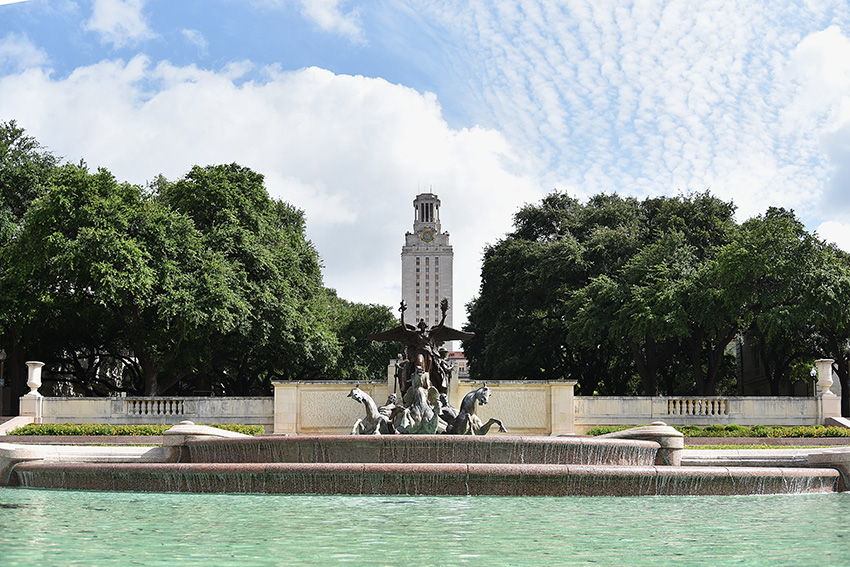The National Academies of Science, Engineering and Medicine released a report last Tuesday recommending sweeping changes to the ways universities and other academic institutions tackle sexual misconduct in STEM fields, citing a UT System survey, among others, as evidence.
The Academies are private, nonprofit institutions that advise academic institutions on policy decisions related to STEM fields. The recent report concludes that sexual harassment damages research integrity. It urges institutions to go beyond compliance with the law and avoidance of liability in addressing the issue.
The Academies cited UT’s 2017 Cultivating Learning and Safe Environments study, conducted by UT Austin’s Institute on Domestic Violence & Sexual Assault. The survey of graduate and undergraduate students at UT found that about 20 percent of female science students, more than a quarter of female engineering students and more than 40 percent of female medical students had experienced sexual harassment from faculty or staff.
The report recommended changes to the way institutions deal with sexual misconduct. Some of the recommendations included addressing gender harassment, improving transparency and accountability and diffusing the hierarchical and dependent relationship between faculty and trainees.
Noël Busch-Armendariz, principal investigator of the CLASE study, said the UT System has already been trying to use the data from the CLASE study to improve.
“We’ve known for three decades about the prevalence of these issues — harassment, sexual assault, stalking,” Busch-Armendariz said. “We need to give credence to prevalence and perception (of sexual misconduct), but the truth is we need to move aspirationally, to show that UT-Austin is going to be a campus that is free of those issues.”
Frazier Benya, a National Academies program officer who directed the study, said the data from the CLASE study confirms what 30 years of research on sexual harassment in employment and education settings has previously shown.
“A portion of the work of the National Academies (is to provide) policymakers, business executives, and academic leaders with insights and recommendations on critical higher education and science and engineering workforce issues facing the nation,” Benya said in an email. “The National Academies are working to communicate the report’s findings and recommendations to the academic community, and we hope institutions will move forward with implementing the report’s recommendations.”
Benya said the National Academies’ Committee on Women in Science, Engineering and Medicine identified sexual harassment as in need of being studied in late 2015. The committee began working in September 2016 to review the research on sexual harassment of women in STEM, examine the existing data and to analyze the policies, strategies and practices that have been the most successful in preventing and addressing sexual harassment in these settings.
Wanda Mercer, UT System associate vice chancellor for student affairs, said the recommendations given by the report are already being implemented within the UT System, and the System is going to start assessing the effectiveness of the initiatives put forth by its various campuses.
“On this latest phase of the study, we are going to be providing some assessment of initiatives that we have taken,” Mercer said. “That’s a big part of this next round, so we can figure out what’s working and what isn’t. We have provided the study … and we are helping assess their initiatives.”





















